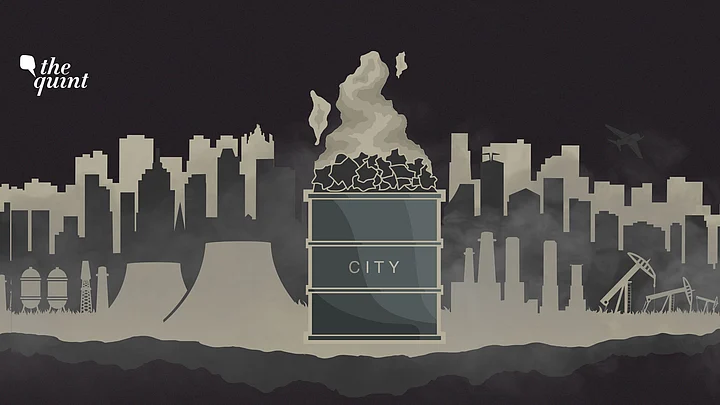Of the 287 cities and towns where PM10 levels were studied across the country, 286 have recorded levels that are far beyond the World Health Organisation (WHO) standard of 20 µg/m3. The one exception being Mizoram’s Lunglei, said the annual report ‘Airpocalypse’ released by NGO Greenpeace India.
The report, fourth in the series of annual reports, analyses and discusses the data compiled by Central Pollution Control Board (CPCB) from National Air Quality Monitoring Programme (NAMP) network, which collects air quality data for 745 stations across the country in 2018.
Of these places, not Delhi but Jharia and Dhanbad in Jharkhand emerged as the most polluted cities in India with PM10 levels being 322 and 264 respectively.
Delhi, surprisingly, is the tenth most polluted city, according to the report.
Uttar Pradesh emerged as the most polluted state in India, with 17 of the 50 most-polluted places located there, while only one south Indian city – Tamil Natu’s Trichy – found a place in the top 100.
231 out of 287 places exceed the prescribed PM10 level of 60 µg/m3 by the NAMP. That is 80 percent of the cities/towns analysed in the Greenpeace report.
Released a year after the ambitious National Clean Air Programme, aimed towards reducing the hazardous pollution levels across cities, the report infers that even if the programme is successful in reducing pollution level by 30 percent by 2024, Indians will still be breathing hazardous air.
(At The Quint, we question everything. Play an active role in shaping our journalism by becoming a member today.)
